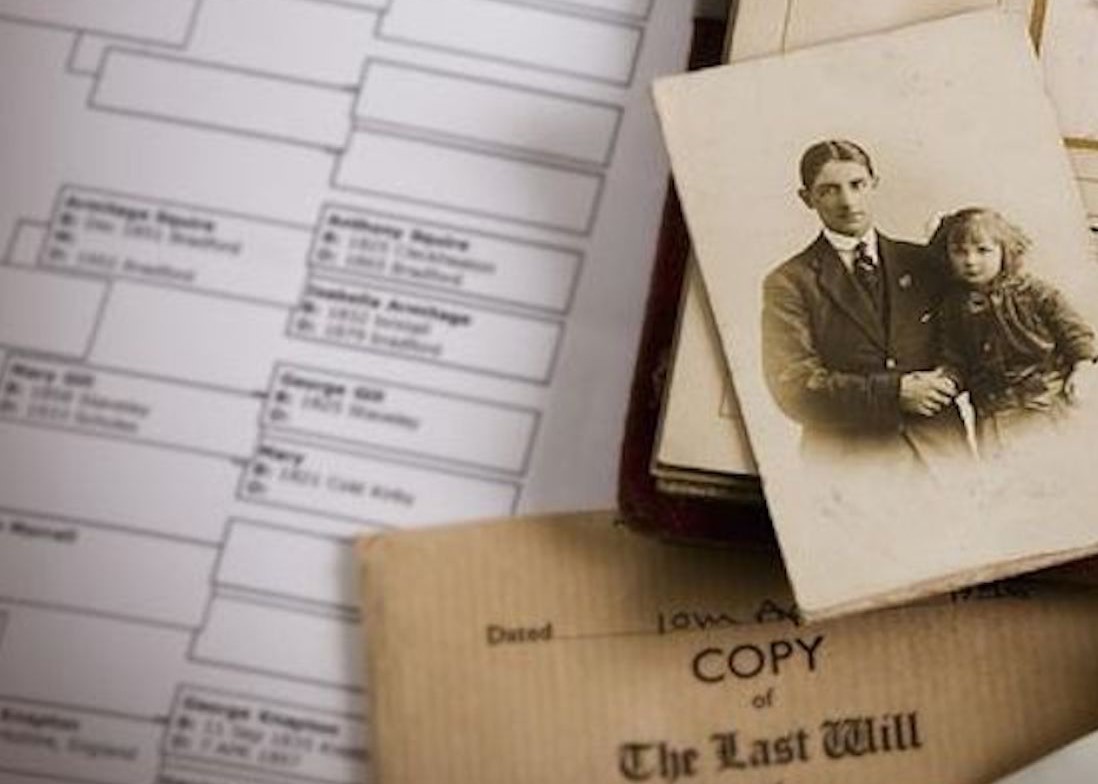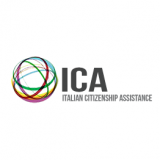
 Italian Citizenship Assistance
Italian Citizenship Assistance
ICA: Italian citizenship by descent, is there a generational limit to apply?
- WTI Magazine #159 Jan 21, 2023
-

 Italian Citizenship Assistance
Italian Citizenship Assistance
Many countries around the world allow for dual citizenship, such as the United States, Ireland, Italy, Germany and Spain, to name a few. While many countries have rather strict eligibility requirements, Italian citizenship by descent is relatively easy to obtain, provided that you can prove an unbroken chain of Italian descendants. Furthermore, unlike some countries like Spain and Ireland, for instance, there are no generational limits to apply for Italian citizenship by descent.
In other words, it does not matter if you apply through your most recent ancestor or through your most distant ancestor since there is no limit in the number of generations you can go back. You can submit an application for Italian citizenship at an Italian consulate, a municipality in Italy or at an Italian court (if you have a 1948 case), and you can transfer your citizenship on to your children regardless of where they are born. It is important to note that your children will also be able to transfer their citizenship on to their children and to future generations without any restrictions.
This article will briefly outline the laws that regulate the acquisition of Italian citizenship by descent and it will also explain how you can pass citizenship on to your children.
What are the laws that regulate the transmission of Italian citizenship by descent?
In 1912 the Italian government introduced a number of provisions which regulate the acquisition of Italian citizenship by descent. In particular, Article 1 of Law n.555/1912 established that an individual could become an Italian citizen regardless of his or her place of birth, but provided that the father was an Italian citizen when the child was born. In other words, the father must have not renounced his Italian citizenship prior to his child’s birth.
Another requirement to apply for citizenship is that your ancestor (who was born in Italy) must have been alive when Italy was unified as a nation on March 17, 1861, or he/she must have been born after that date. Finally, none of your family members in your Italian lineage must have renounced their Italian citizenship in order for you to be eligible to apply.
As mentioned in many of our previous articles, it is worth pointing out that if there is a woman in your Italian lineage who gave birth to her child prior to when Italy’s constitution came into effect on January 1, 1948, you cannot apply for citizenship via a consulate or a municipality in Italy but you might be able to apply for citizenship by filing a lawsuit in a court in Italy. This is due to the fact that prior to January 1, 1948, women and men did not have equal rights and women were not able to pass their citizenship on to their children, which is now considered to be unlawful and discriminatory against women, and this is why you can apply for Italian citizenship retroactively by filing a lawsuit.
Passing citizenship on to your children
As outlined in the introduction, if you are eligible to apply for Italian citizenship by descent you can pass citizenship on to your children without any limits. More specifically, if you apply for citizenship while your children are still minors, they will automatically be part of your application and they will be recognized as Italian citizens when you are. They will also be registered with the AIRE (Registry of Italian Citizens Residing Abroad) and issued an Italian passport.
If you have children after you are recognized as an Italian citizen, you will need to register their births before they turn eighteen in order for them to be granted citizenship. In fact, if you do not register their birth records before that age, they will need to file a formal request for the recognition of citizenship and submit certified copies of all the records pertaining to the family members in the Italian lineage starting from the ancestor who was born in Italy and emigrated to the U.S.
Registering your children’s birth certificates entails providing the Italian authorities with certified copies of their birth records with Apostille and translation into Italian.
Finally, if you have adult children and you apply for Italian citizenship, they will not be automatically included in your application and they will need to book a separate appointment at the Italian consulate in order to file their application. In particular, if you reside under the same consular jurisdiction as your children, you will be able to apply via the same consulate but each adult applicant will need to book his/her own appointment. However, you will be able to share all the documents which prove your eligibility to apply for citizenship. On the other hand, if you all reside under different consular jurisdictions you will need to apply via separate consulates; each adult applicant will need to retrieve certified copies of the vital records pertaining to the individuals in the Italian lineage starting from the ancestor who was born in Italy and who emigrated to the United States.
If you would like to learn more about applying for Italian citizenship with your family you can find more information here.
If you are interested in applying for citizenship and you would like to learn more about the eligibility requirements to apply, do not hesitate to contact us at [email protected]. We will be happy to help you.